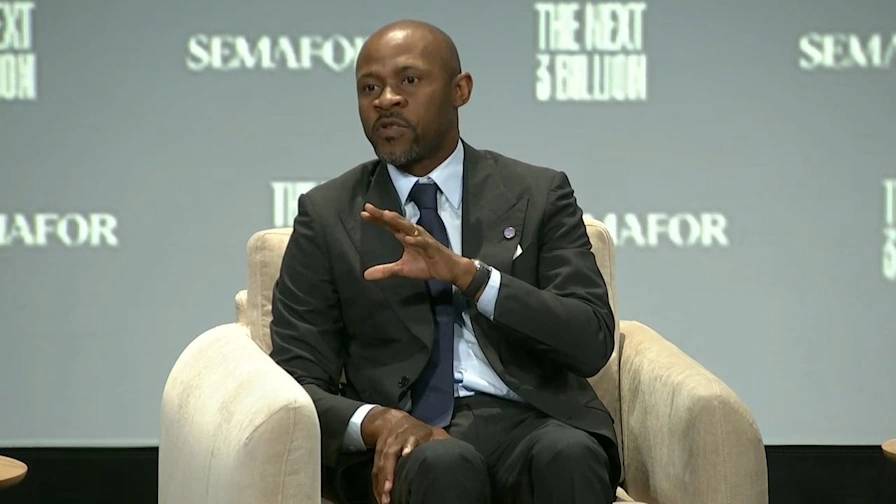
Voters in Seychelles are heading to the polls this week, grappling with a drug crisis, environmental threats, and sovereignty concerns. President Wavel Ramkalawan seeks reelection, hoping to extend his tenure after defeating the ruling party in a historic 2020 victory.
His chief opponent, Patrick Herminie of the United Seychelles Party, is a veteran lawmaker and former Speaker of the National Assembly. The president is elected for five years, with a runoff required if no candidate secures a majority of votes.
Seychelles has become a major drug transshipment point, with heroin addiction affecting an estimated 5 to 10 percent of the population. Critics say Ramkalawan has struggled to curb narcotics, while Herminie’s past leadership at APDAR faces scrutiny for ineffective prevention strategies.
“APDAR was simply a political tool,” said Gerald Edwin Julie, former program manager at the agency, denouncing Herminie’s tenure. The 115-island archipelago thrives on luxury tourism, lifting GDP per capita but leaving some poverty and environmental vulnerabilities unresolved.
A controversial lease of Assomption Island to a Qatari company for a luxury hotel has ignited legal and public backlash. Environmentalists argue the development threatens marine reserves and local wildlife, including recent reports of an injured tortoise during construction.
Most Seychellois live on Mahé, while the nation remains highly exposed to climate change, including rising sea levels across its vast ocean territory. Concerns about corruption persist, rooted in decades of political patronage under former president France-Albert Rene, despite recent improvements in governance metrics.
Presidential candidates face scrutiny for legal and ethical controversies, including allegations of fraud and forged academic credentials. “Most politicians have a past of helping their friends and family. There are no good candidates,” said local businessman Jean Paul Morel. As voters decide between continuity and change, Seychelles stands at a crossroads, balancing economic promise, environmental stewardship, and national sovereignty.
